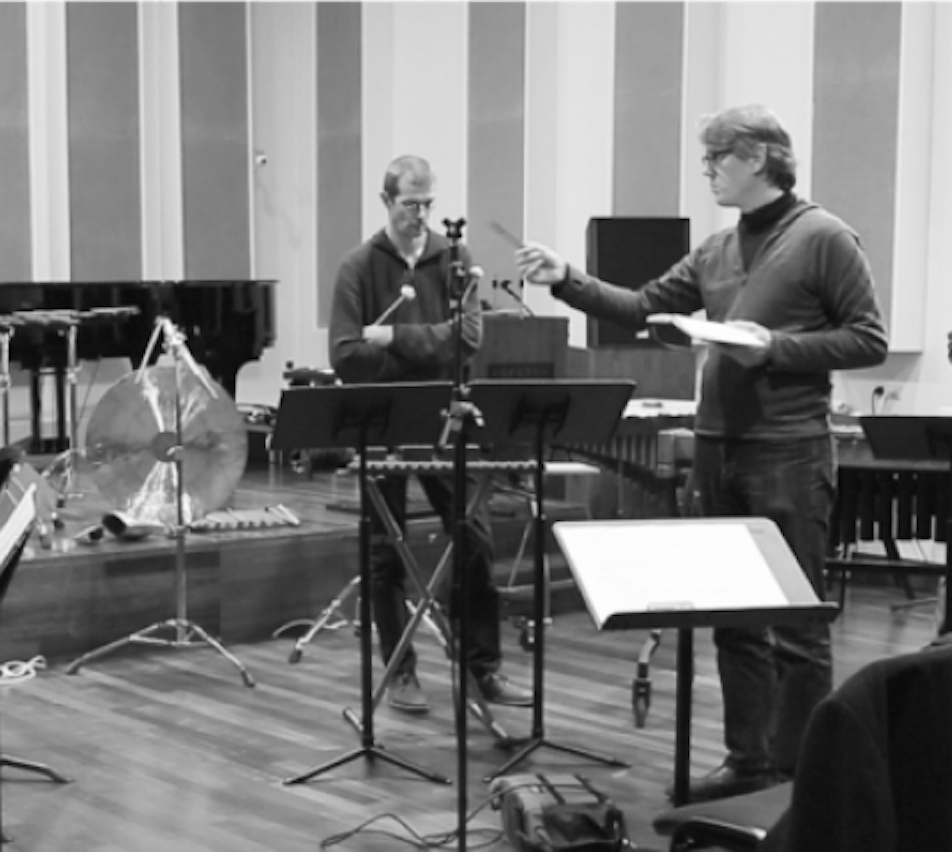
Geplaatst op 03 Dec 2014
Op woensdag 3 december 2014 verdedigde Anıl Çamcı zijn doctoraat The Cognitive Continuum of Electronic Music aan de Universiteit Leiden.
From The Cognitive Continuum of Electronic Music: "The use of the electronic medium to compose music entails a variety of cognitive idiosyncrasies experienced by both the artist and the audience. Structured around this medium on both practical and conceptual levels, this study utilizes a tripartite methodology involving artistic practice, cognitive experimentation and theoretical discourse to investigate these idiosyncrasies. All three components of this methodology operate concurrently and in intricate mutual relationships with one another (...) The vastly rewarding experience of electronic music is in fact everywhere. It persists throughout our daily lives. Our immediate environments are rich in events that emit sounds that are extremely complex in nature. The ways we cope with this reality constitute a considerable portion of how we experience electronic music. Electronic music harnesses the intricacy of listening we take for granted during our everyday routines and reflects it on us. Through the aforementioned tripartite methodology, I have delineated the cognitive idiosyncrasies of the genre. Conducting this research has significantly expanded my comprehension of the experiential depth of electronic music. It has also affirmed my belief that we have much more to gain from the electronic medium and that the cognitive continuum is one of its most remarkable offerings.”
The supervising team consists of:
Prof. Frans de Ruiter (1ste promotor), Universiteit Leiden
Prof. Richard Barrett (2de promotor), Instituut voor Sonologie, Koninlijk Conservatorium Den Haag / Universiteit Leiden
Dr. Vincent Meelberg (co-promotor), Radboud Universiteit Nijmegen / docARTES Universiteit Leiden
Dr. Elif Özcan (co-promotor), Technische Universiteit Delft